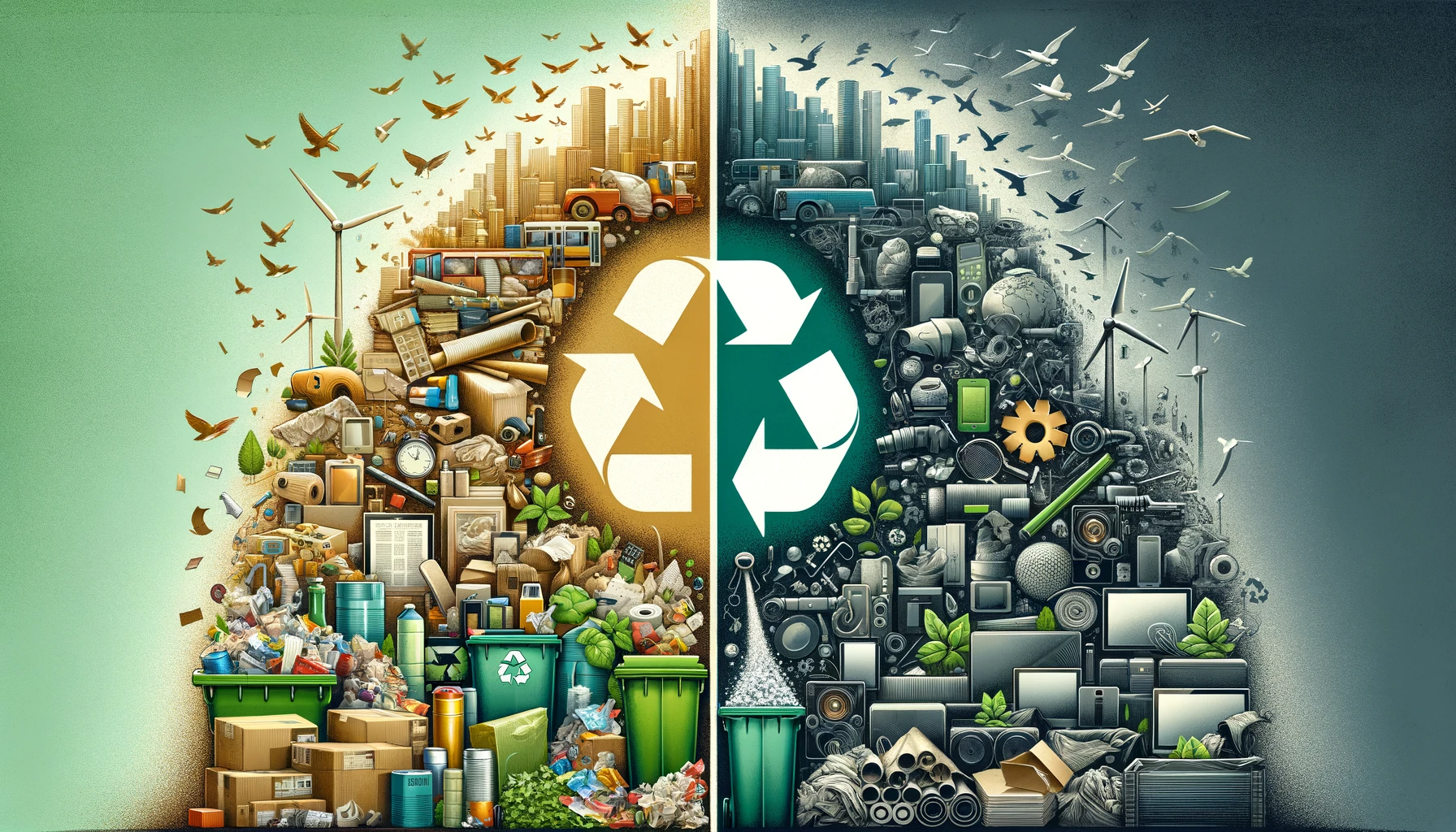The concept of recycling transcends the mere reduction of waste. It represents a transformative process that not only conserves resources but also generates economic wealth and employment opportunities, embodying principles directly aligned with several Sustainable Development Goals (SDGs).
Conservation of Natural Resources
Recycling plays a crucial role in conserving natural resources. By reusing materials like metals, plastics, and paper, we significantly reduce the demand for fresh extraction from the Earth, thereby mitigating deforestation, habitat destruction, and ecosystem disruption. For example, recycling aluminum can save up to 95% of the energy required for production from bauxite ore. This conservation is essential for sustainable consumption and production (SDG 12) and life on land (SDG 15).
Economic Impact and Employment Opportunities
The recycling industry is a significant economic driver, creating numerous job opportunities. It encompasses a range of roles, from waste collection to operating sophisticated recycling plants. In the United States alone, recycling and reuse activities accounted for around 757,000 jobs and $36.6 billion in wages in a single year. This economic potential is a testament to how waste can indeed be transformed into wealth, contributing to decent work and economic growth (SDG 8).
Innovation and Technology
The growing demand for recycled materials is fostering innovation across various industries. Innovations include recycling plastics, converting CO2 emissions into valuable products like animal feed, and creating sustainable construction materials from cork waste. Such advancements not only enhance recycling efficiency but also lead to new business models centered around sustainability, thus promoting industry, innovation, and infrastructure (SDG 9).
Challenges and the Way Forward
Despite its benefits, the recycling industry faces challenges like inadequate infrastructure and lack of public awareness. Overcoming these obstacles requires collaboration between governments, businesses, and communities. Effective waste management strategies, improved collection and sorting processes, and public education about recycling are vital for realizing its full potential.
Consistency with SDGs
This article aligns closely with multiple SDGs, including:
- SDG 8 (Decent Work and Economic Growth): Highlighting recycling’s role in job creation and economic development.
- SDG 9 (Industry, Innovation, and Infrastructure): Emphasizing the innovation driven by recycling.
- SDG 12 (Responsible Consumption and Production): Underlining the importance of recycling in sustainable consumption.
- SDG 15 (Life on Land): Focusing on the conservation of natural resources and ecosystem protection.
Conclusion
Recycling stands as a powerful testament to the concept of transforming waste into wealth. Its multifaceted impact extends beyond environmental stewardship, encompassing economic growth, innovation, and sustainability. As the world moves towards a circular economy, recycling emerges as a cornerstone practice that not only minimizes waste but also maximizes potential, contributing significantly to a greener, more prosperous future.


